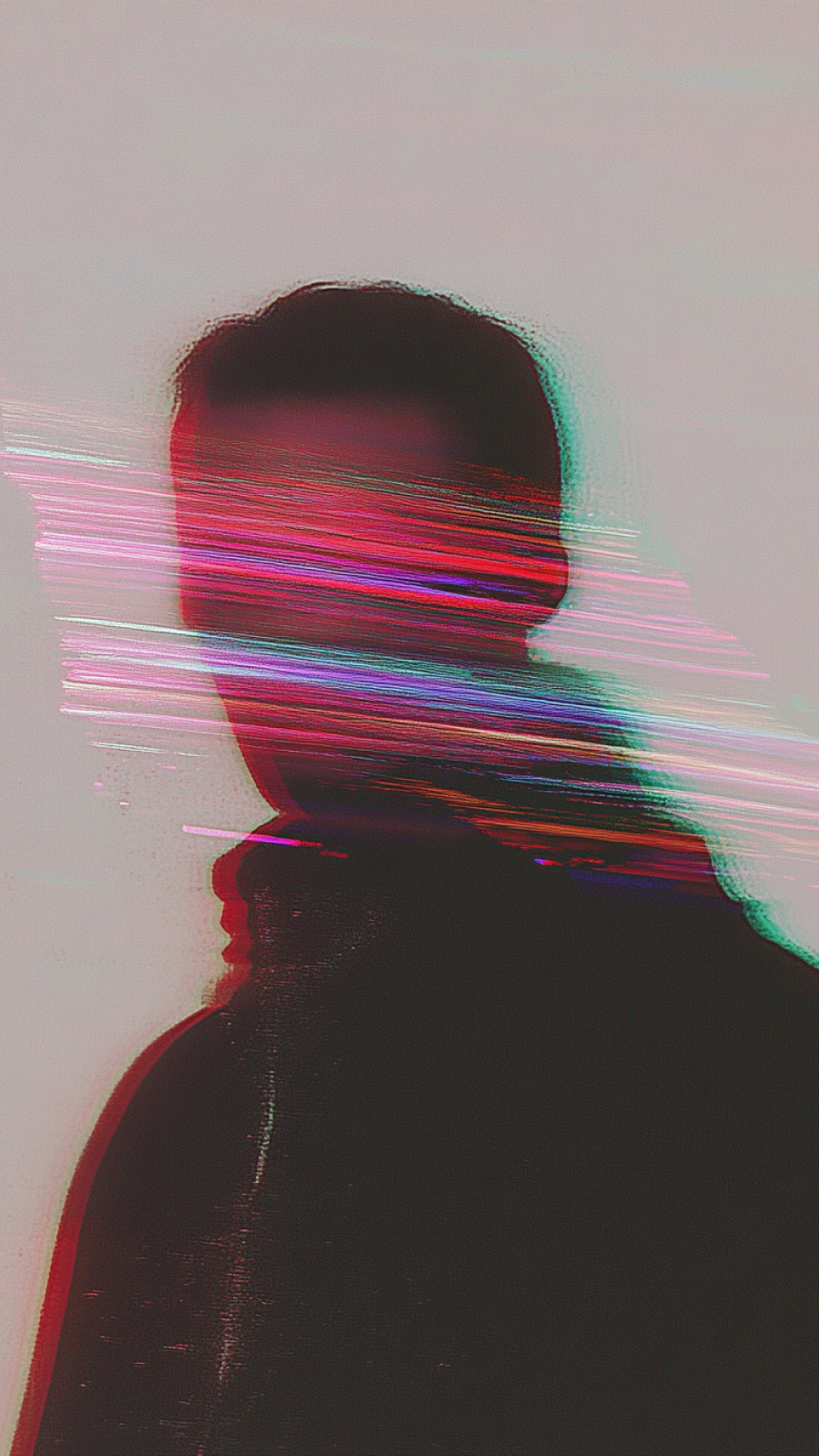Chapter 1: Shadows of Genius
The grand lecture hall at Princeton University hummed with anticipation, its ornate woodwork gleaming under warm lighting that cast a golden glow across rows of eager academics. Dr. Thomas Reed stood at the podium, his commanding presence drawing all eyes to him as he prepared to present his groundbreaking research on genetic mutations. His dark eyes scanned the audience, briefly meeting the gaze of Dr. Richard Hale, whose thinly veiled envy was apparent even from the back row.
"Ladies and gentlemen," Reed began, his voice steady despite the slight tremor in his hands, "what I'm about to share will fundamentally change our understanding of genetic adaptation." He clicked to his first slide, revealing a complex diagram of DNA structures that elicited murmurs of interest from the crowd.
As Reed delved deeper into his presentation, his passion for the subject became evident in every gesture, every carefully chosen word. He moved with practiced grace across the stage, explaining complex theories with remarkable clarity. Yet there were moments, brief instances when his gaze would drift to the windows, where the afternoon sun cast long shadows across the floor.
In the third row, Alice Bennett leaned forward, completely captivated. A promising young researcher herself, she found herself scribbling notes frantically, her mind already racing with potential applications of Reed's theories. She couldn't help but notice, however, the occasional pause in his speech, the subtle way his fingers would twitch when he turned toward the windows.
"The implications of these findings," Reed continued, his voice growing stronger, "suggest that genetic adaptation isn't merely a response to environmental pressures, but potentially a predetermined sequence waiting to be activated." The audience sat in rapt attention as he revealed his final results, the data displaying patterns that defied conventional understanding.
As Reed concluded his presentation, the hall erupted in thunderous applause. Even Dr. Hale found himself standing, though his applause was noticeably restrained. Reed acknowledged the ovation with a modest nod, but those closest to the stage noticed the slight sheen of sweat on his forehead, the way his eyes seemed to dart around the room as if searching for something unseen.
During the reception that followed, Alice worked up the courage to approach him. She found Reed standing alone near a window, his reflection fragmenting in the late afternoon light. "Dr. Reed," she began, extending her hand, "I'm Alice Bennett. Your presentation was absolutely fascinating."
Reed turned, seeming to look through her for a moment before his eyes focused. "Ah, yes, thank you," he replied, shaking her hand. His grip was firm but his palm was cold. "Your work on protein synthesis at MIT has caught my attention."
Before Alice could respond, Charles Parker, a longtime colleague of Reed's, approached them. "Brilliant as always, Thomas," he said warmly, but his eyes held a hint of concern. "Though you seem a bit tired. Everything alright?"
"Just the usual academic demands," Reed dismissed with a wave of his hand, though his eyes briefly flickered to the darkening sky outside. "Nothing a good night's rest won't cure."
As the reception wound down, Reed retreated to his office, a sanctuary lined with shelves of scientific journals and carefully preserved specimens. The moonlight filtered through his window, casting strange shadows across his desk. He stood before a small mirror mounted on the wall, studying his reflection with an intensity that went beyond mere vanity.
His fingers traced the contours of his face, pausing at the corners of his eyes. Were they different? Something about the shape, the color perhaps? He grabbed his journal, his normally precise handwriting becoming increasingly erratic as he documented his observations.
On his desk, a calendar marked with the lunar cycle caught the moonlight, the next full moon circled in red ink. Reed's hand hovered over the date, trembling slightly before he pulled away, running his fingers through his disheveled hair.
The sound of footsteps in the hallway made him start. He quickly composed himself, straightening his tie and closing the journal. But alone again, he found himself drawn to the window, staring up at the waxing moon with a mixture of fascination and dread.
As he gathered his things to leave, Reed caught his reflection one final time in the window. For a moment, just a brief instant, he could have sworn his eyes held a golden tinge, like those of a wild animal. He blinked, and it was gone, leaving him to wonder if the long day had finally taken its toll on his mind.
Walking to his car, Reed couldn't shake the feeling of being watched. The campus had grown quiet, most of the conference attendees having departed hours ago. The moon hung low in the sky, its light casting long shadows that seemed to reach for him like grasping fingers.
He drove home in silence, his mind replaying the day's events. The presentation had been a success, certainly, but the growing unease in his gut told him something was changing. Something fundamental, something he couldn't quite grasp yet.
At home, Reed sat in his study, surrounded by research papers but unable to focus on them. Instead, his attention kept drifting to the window, to the moon that seemed to grow brighter with each passing night. He made a note in his journal, his last entry for the evening: "Changes accelerating. Must monitor closely. Full moon in three days."
As he finally prepared for bed, Reed couldn't help but wonder if his brilliant mind, the very thing that had earned him such acclaim, might also be his undoing. The moonlight streamed through his bedroom window, and for the first time in his life, he found himself drawing the curtains tight, shutting out the night sky that had begun to hold such strange power over him.









